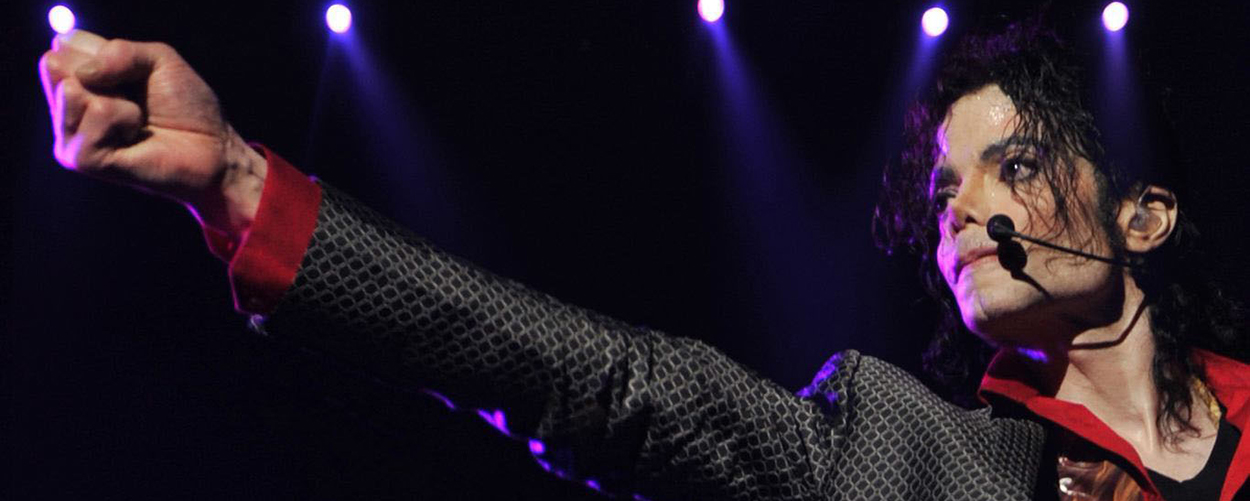This website uses cookies so that we can provide you with the best user experience possible. Cookie information is stored in your browser and performs functions such as recognising you when you return to our website and helping our team to understand which sections of the website you find most interesting and useful.
Artist News Business News Legal Media
Judge pauses arbitration order in Michael Jackson Estate v HBO dispute
By Chris Cooke | Published on Friday 8 November 2019

The Californian judge overseeing a dispute between broadcaster HBO and the Michael Jackson estate has agreed to pause an order forcing the matter into arbitration pending the former’s appeal to America’s Ninth Circuit court.
The Jackson estate sued HBO back in February over the media firm’s airing of ‘Leaving Neverland’, the headline-grabbing documentary that put the spotlight back on allegations of child abuse made against the late musician by Wade Robson and James Safechuck.
The lawsuit centres on a 1992 contract between Jackson and HBO signed when the latter broadcast footage of the former’s live shows. The contract included a clause in which HBO promised to never “disparage” the musician, a commitment the estate claims the broadcaster breached by airing ‘Leaving Neverland’.
As the dispute progressed, the estate filed a motion seeking to force the matter to arbitration, rather than a proper court hearing. HBO opposed that move by filing what is known in American legal circles as an anti-SLAPP motion, basically seeking to stop arbitration on free speech grounds.
However, judge George H Wu said he couldn’t find any previous relevant precedent to support the idea that HBO could avoid arbitration by citing free speech rights under the First Amendment of the US Constitution.
This meant that he was prone to support the estate’s motion to force the whole matter to an arbitration hearing. However, he conceded that this was a very unusual case that could probably do with the input of a higher court.
HBO’s subsequent decision to take the case to the Ninth Circuit appeals court was, therefore, unsurprising. Even though the estate declared that this was a “bogus appeal” from a broadcaster keen to pursue every legal technicality to avoid scrutiny of its “shoddy journalism”.
Wu has now agreed to stay his earlier order requiring arbitration, allowing HBO to proceed with its appeal. The estate tried to persuade the judge to keep said order in place on the basis that this was, in fact, a simple contractual dispute that HBO was deliberately trying to complicate.
However, the judge did not concur, saying that he felt this case did raise some tricky First Amendment free speech issues on which there was little precedent. According to Law360, Wu added: “This case is to my mind quite unique. I’ve never seen anything like it”.
He then noted that he looked forward to the Ninth Circuit offering its opinions on what should be done in a dispute like this one.





